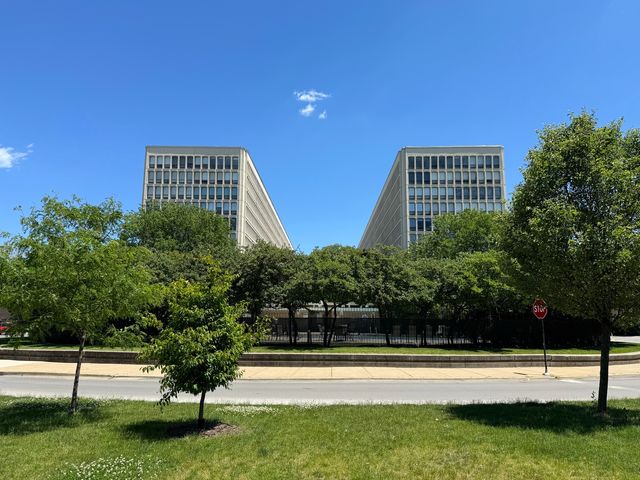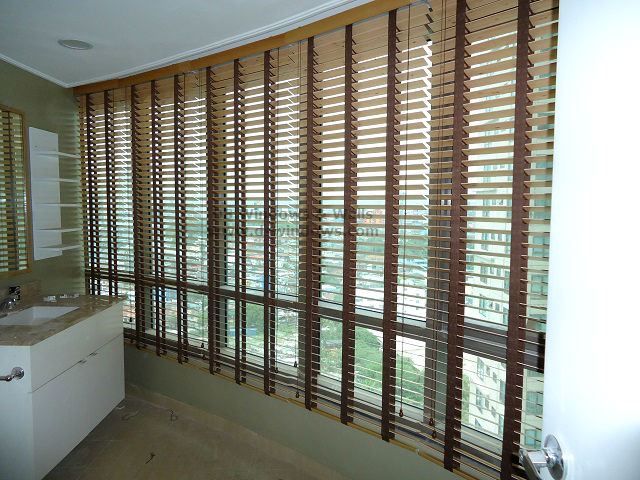Condo Development Quality Before Investing
Investing in a condo can be an exciting opportunity, but it’s crucial to ensure that you’re putting your money into a high-quality development. Evaluating the quality of a condo development before investing requires careful consideration of several key factors. This guide will walk you through essential aspects to assess, helping you make an informed decision and protect your investment.
1. Developer Reputation and Track Record
One of the first things to investigate is the reputation and track record of the developer. A reputable developer with a history of successful projects is more likely to deliver a high-quality condo. Research the developer’s past projects to see if they were completed on time, met quality standards, and if there were any major issues or complaints from previous buyers.
Check for reviews and testimonials from previous buyers or residents. Online forums, social media, and real estate websites can provide valuable insights into the developer’s reliability and the quality of their work. Additionally, verify if the developer is a member of industry associations, as this can be an indicator of their commitment to maintaining high standards.
2. Location and Neighborhood
The location of the condo development is a significant factor in its quality and investment potential. A well-located condo should be in a desirable neighborhood with access to essential amenities such as schools, shopping centers, public transportation, and recreational areas.
Evaluate the neighborhood’s growth potential by researching future development plans and infrastructure improvements. Areas with planned enhancements or new projects can see an increase in property values, making them more attractive for investment.
3. Building Quality and Construction Standards
Assessing the quality of construction is crucial to ensuring the condo’s long-term durability and value. Look for details such as the materials used, construction techniques, and adherence to building codes and standards. High-quality materials and construction methods contribute to better durability, energy efficiency, and overall comfort.
Request a copy of the condo’s building specifications and architectural plans. This information can help you understand the quality of materials used, the design, and any unique features that may enhance the condo’s value.
4. Unit Layout and Design
The layout and design of the condo units play a significant role in their appeal and functionality. Examine the floor plans to ensure they meet your needs and preferences. Consider factors such as room sizes, storage space, and the flow of the layout. A well-designed unit should maximize space and offer practical features that enhance living comfort.
Additionally, evaluate the quality of finishes and fixtures within the units. High-quality countertops, flooring, and appliances contribute to the overall appeal and value of the condo.
5. Amenities and Common Areas
A condo development’s amenities and common areas can greatly impact your living experience and the property’s investment potential. Common amenities might include a fitness center, swimming pool, lounge areas, and parking facilities. Evaluate the quality and maintenance of these amenities, as they can significantly affect the condo’s desirability and value.
Visit the development site to inspect the common areas and amenities firsthand. Ensure they are well-maintained, clean, and functional. Poorly maintained amenities can indicate potential issues with the overall management and quality of the development.
6. Financial Stability and Management
Review the condo association’s financial stability and management practices. A well-managed condo association should have a solid financial plan, including a reserve fund for future repairs and maintenance. Request access to the association’s financial statements, budget, and reserve fund reports.
Evaluate the condo association’s management practices by reviewing meeting minutes, policies, and any ongoing issues or disputes. Effective management is essential for maintaining the quality of the development and ensuring a positive living environment.
7. Legal Considerations
Ensure that the condo development complies with all local regulations, zoning laws, and building codes. Verify that the developer has obtained the necessary permits and approvals for construction and occupancy.
Review the condo’s legal documents, including the Declaration of Condominium, By-Laws, and any associated agreements. These documents outline the rights and responsibilities of unit owners, as well as the rules governing the condo association. It’s advisable to have a real estate attorney review these documents to identify any potential legal concerns or obligations.
8. Warranty and Post-Sale Support
A reputable developer should offer a warranty on the condo’s construction and materials. Understand the warranty coverage, including the duration and what is included. A good warranty provides protection against defects and issues that may arise after purchase.
Inquire about the developer’s post-sale support and maintenance services. A responsive and supportive developer can address any issues or concerns that arise after you move in, contributing to a more positive ownership experience.

9. Market Analysis and Valuation
Conduct a thorough market analysis to assess the condo’s investment potential. Compare the condo’s price with similar properties in the area to determine if it’s competitively priced. Analyze historical price trends and market conditions to gauge the potential for future appreciation.
Consider factors such as rental demand if you plan to lease the condo. A strong rental market can provide a steady income stream and enhance the investment’s overall return.
10. Personal Inspection
Finally, always visit the condo development site in person. A personal inspection allows you to assess the quality of construction, amenities, and overall condition of the property. Take note of any visible issues or concerns that may affect your decision.
During your visit, interact with current residents if possible. Their experiences and feedback can provide valuable insights into the living conditions and quality of the development. If you enjoyed this article about how to evaluate condo development quality before investing then visit Emerald Of Katong Condo for more interesting articles.
Conclusion
Evaluating condo development quality before investing involves thorough research and consideration of various factors. By examining the developer’s reputation, construction quality, location, amenities, and financial stability, you can make an informed decision that aligns with your investment goals. Taking the time to carefully evaluate these aspects will help you protect your investment and ensure a successful and satisfying real estate venture.



